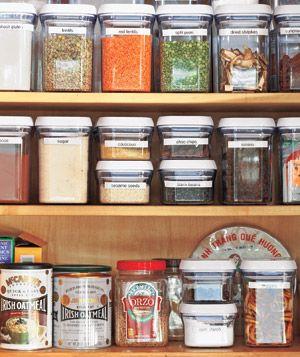Mindful Chewing For IBS
With so many people rushing through their day it is difficult to take time out for mindful eating. However, when you think of all the benefits you receive from properly chewing your food you may just decide that it’s time to slow down when eating. Here are just a few of the many benefits of taking the time and learning to chew your food thoroughly.
Pure Enjoyment
The first benefit you will notice when you take the time to properly chew your food is the taste. When you chew each bite of food thoroughly, you begin to enjoy the taste of the subtle flavours in the food making eating more enjoyable.
Healthier Teeth
Chewing your food properly can help to keep your teeth healthy. When you chew food you produce saliva. Saliva helps to wash away food particles from around and between your teeth. It kills harmful bacteria that can lead to tooth decay, and neutralise plaque. This helps to slow down plaque build up, all resulting in helping to keep your teeth healthy.
Helps With Weight Control
Surprisingly, proper chewing is an effective and often overlooked technique for weight management. Thoroughly chewing your food offers several benefits that can aid in controlling your weight. When you take the time to chew your food well, you naturally eat at a slower pace. This allows your stomach to process the food and send signals of fullness to your brain.
Studies have shown that eating slowly can result in consuming fewer calories during a meal, as it gives your body time to recognise satiety before overeating. In addition, mindful eating habits, such as focusing on the taste and texture of each bite, can enhance the enjoyment of your meals and lead to greater satisfaction with smaller portions. By incorporating proper chewing techniques into your daily eating routine, you can support healthier eating habits and better manage your weight.
Can Help to Reduce and Prevent Heartburn
Thoroughly chewing your food before swallowing plays a crucial role in the digestive process, promoting faster and more efficient digestion. When food is properly broken down into smaller particles, it becomes easier for your stomach and intestines to process and absorb the nutrients. This not only helps reduce the occurrence of heartburn but can also prevent it from happening in the first place.
Amylase is an essential enzyme found in saliva that plays a significant role in the digestion process. As you chew your food, amylase is secreted by the salivary glands and starts breaking down complex carbohydrates, such as starches, into smaller, more easily digestible molecules. This initial enzymatic activity in the mouth sets the stage for more efficient digestion in the stomach and small intestine, where additional enzymes continue the breakdown of food particles. By thoroughly chewing your food and allowing amylase to mix with it, you are supporting the proper breakdown of carbohydrates and promoting optimal digestive function.
Heartburn, also known as acid reflux, occurs when stomach acid backs up into the oesophagus, causing a burning sensation in the chest. By chewing food well and mixing it with saliva, you are supporting the proper breakdown of food, promoting optimal digestion, and reducing the risk of heartburn caused by acid reflux.
In addition, proper chewing encourages mindful eating habits, such as eating slowly and savouring each bite. This allows your stomach enough time to signal your brain when you're full, which can help prevent overeating and further reduce the risk of heartburn.
Chewing Properly Aids in the Digestion of Your Food
Properly chewing your food breaks it down into smaller particles, which actually aids digestion. When you swallow large pieces of food, it takes your digestive system longer to digest the food. Much of that food gets passed through your digestive tract in large chunks where bacteria get to break it down causing excess gas and possibly pain, typical IBS symptoms.
In addition, food that sits in the digestive tract for longer periods of time tends to cause a variety of digestive or irritable bowel issues as well. That can result in constipation or diarrhoea and nausea. The chewing process itself starts to predigest your food and begins to break it down before it even reaches your stomach. Your stomach doesn’t have teeth, you need to chew your food thoroughly for optimal digestion.
When food is properly chewed and digested, more of the nutrients in the food are released where your body can absorb them. These nutrients are extremely important to your health. By absorbing more of the nutrients that your food provides you are giving your body what it needs to give you energy and to remain healthy. I've had clients cure IBS symptoms just by slowing down and chewing properly.
With all the benefits derived from properly chewing your food, isn't it time to slow down and take the time to chew every single bite of food?
Chewing Experiment
If you are used to just 3 or 4 chews and swallowing your food down, I suggest you try an experiment so see the difference chewing makes. Take one almond and chew it 25-30 times before you swallow. Notice the change in taste and texture as you chew.
By the end of 25 chews you'll notice the sweater taste and paste like texture. This is what a complex food like an almond should be like before you swallow. Experiment with other foods and focus on chewing more all the time.
Struggling with IBS symptoms and seeking guidance to manage them and identify your triggers? Check out my Gut Fix Program and schedule a personalised IBS Strategy session for the support you need.


